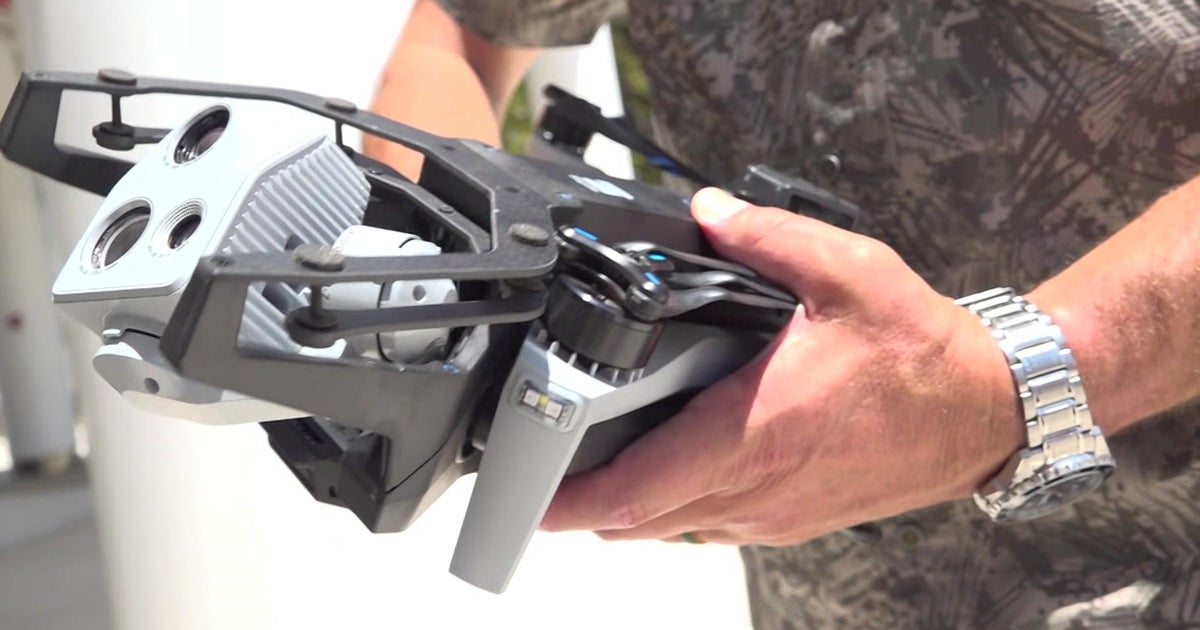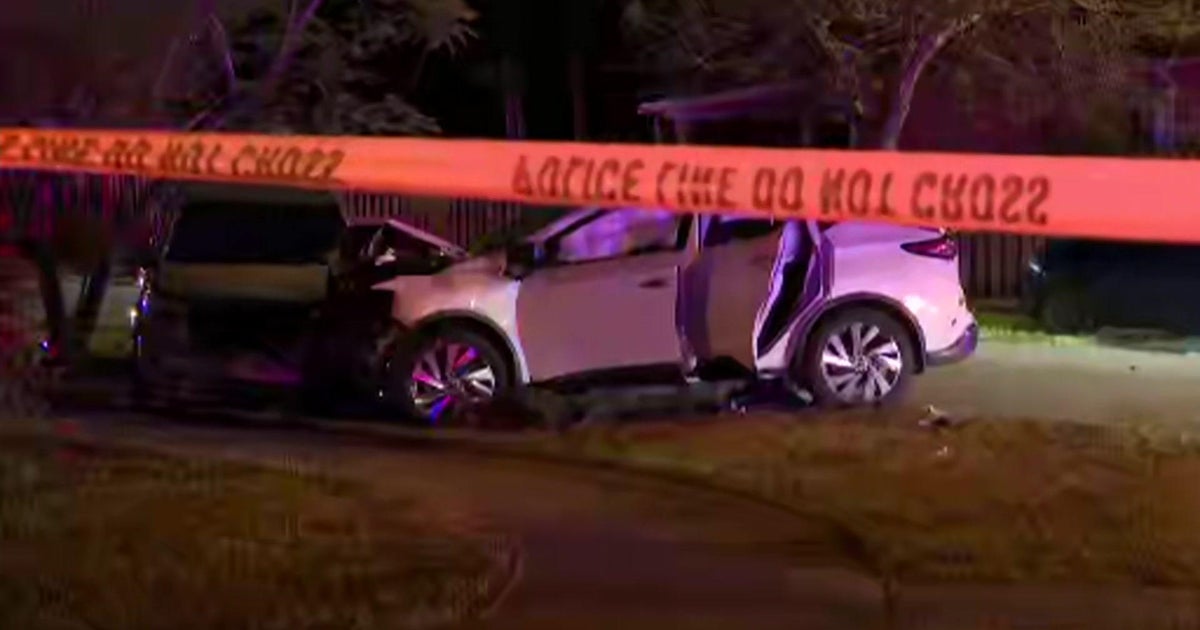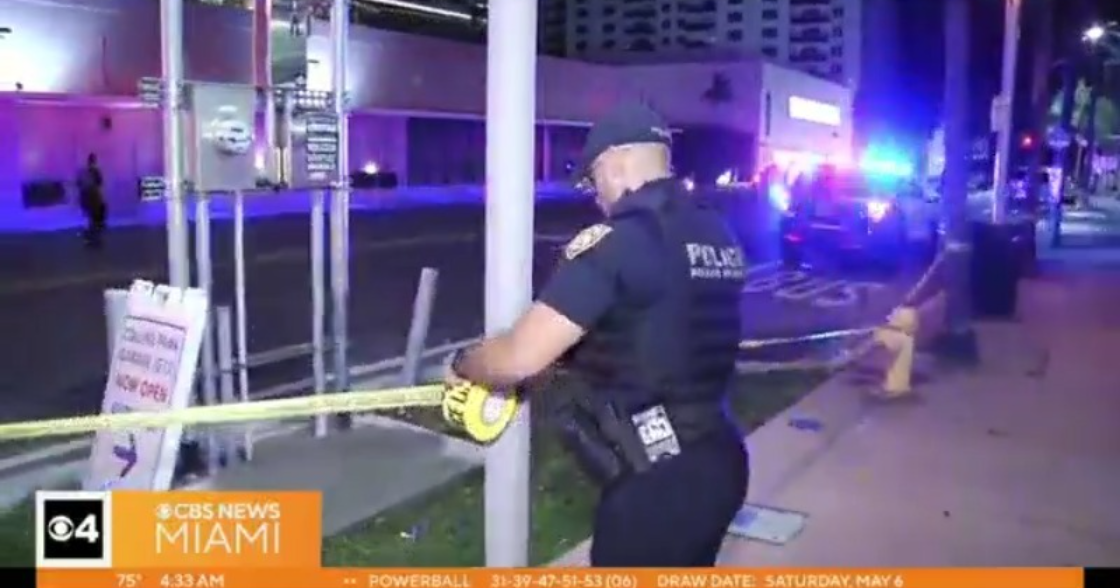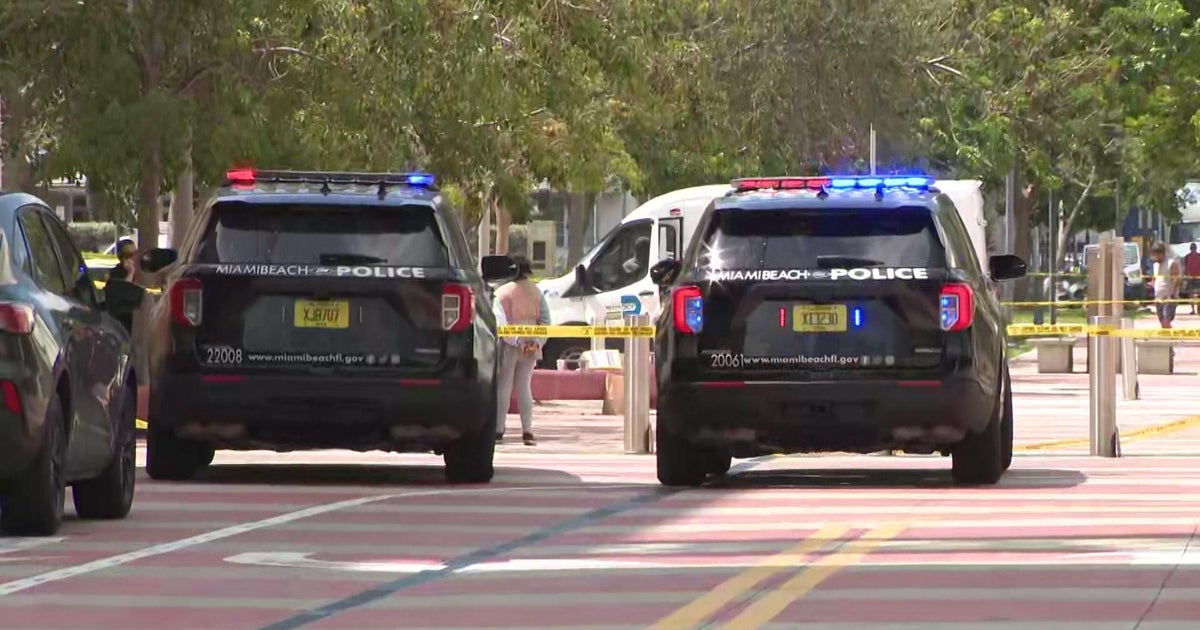DOJ Slams Miami PD's Excessive Use of Force In Shootings
MIAMI (CBSMiami) – The United States Justice Department released the results of a lengthy investigation into the Miami Police Department and the results are anything but what Miami officials wanted to see.
"Based on our comprehensive review, we find reasonable cause to believe that MPD engages in a pattern or practice of excessive use of fore with respect to firearm discharges," the Justice Department said in a letter to Miami Mayor Tomas Regalado and Miami Police Chief Manuel Orosa.
"Among other findings, our investigation uncovered a number of troubling MPD practices, including deficient tactics and supervision, as well as significant delays and substantive deficiencies in deadly force investigations."
- Read The Findings Of The DOJ Review Of The Miami Police Department
The review came after a total of 33 police-involved shootings between 2008 and 2011. The Justice Department said Miami Police fully investigated only 24 of the shootings and "has allowed multiple investigations to remain unfinished for three years or longer."
The Justice Department letter said only 10 of 17 shootings from 2010-2011 have a completed investigation. Justice also said that seven officers participated in over a third of the 33 officer-involved shootings the agency looked at in the review.
The investigation, according to the Justice Department, was "delayed by MPD's frequent inability to produce necessary documents in a timely fashion."
Miami Police and the Department of Justice aren't strangers. Justice investigated Miami starting in 2002 over police shootings and other issues. At the time, Justice Department investigators "uncovered serious deficiencies in MPD's investigative practices and observed that officers' use of deadly force was sometimes avoidable."
In 2006, Miami Police had worked on policies to address the first Justice Department investigation and Justice felt it was enough and closed the investigation. Then the wheels came off, according to the Justice Department.
"Unfortunately, many of the systemic problems we believed were fixed have reoccurred, evidenced by a steady rise in officer-involved shootings," the Justice Department said in it's letter to Miami Police.
The current investigation began on November 16, 2011 after Miami Police had shot seven African-American young men during an eight month period from 2010 to 2011. Justice said the investigation looked at roughly 17,000 documents including forensic reports, investigative reports, transcripts, photographs, etc.
According to the Justice Department report, the number of shootings broke down thusly: none in 2003, two in 2004, four in 2005, one in 2006, seven in 2007, eight in 2008, eight in 2009, eight in 2010, nine in 2011.
"While the significant decrease in the number of shootings in 2012 while under increased public scrutiny indicates that MPD may be capable of addressing this problem, it also underscores that the previous spike in officer-involved shootings may have been avoidable, and that continued, court-enforceable oversight is necessary to ensure lasting reforms."
In addressing one police-involved shooting in 2011 in which a Miami Police officer (who was involved in a 2008 police-involved shooting) shot and killed an unarmed motorist and wounded an unarmed passenger, the DOJ said, "had MPD fully investigated the 2008 shooting, perhaps retraining or other corrective action may have been taken which could have influenced whether the 2011 shooting had to occur."
The officer involved in the 2011 shooting was Reynaldo Goyos, who was fired by police earlier this year.
The DOJ said that MPD found a 13 percent unjustified shooting rate which the DOJ said is one factor in their determination of "a pattern or practice of unconstitutionally excessive deadly force."
According to the DOJ letter, among the items Miami Police had poor tactical decisions by officers including: poor marksmanship, shooting from too great a distance, failure to follow perimeter protocol, and firing at a moving vehicle.
- Read The Findings Of The DOJ Review Of The Miami Police Department
DOJ said Miami Police officers, "failed to await backup before engaging in a subject known to be possibly armed, thereby placing themselves and civilians in danger." The Justice Department also said Miami Police failed to use lower-force options before shooting at a suspect, "especially in cases involving persons in obviously compromised mental states or persons with mental illness."
According to the DOJ report, in 2008 and 2009, three out of 16 shootings involved an officer from a specialized unit. However, DOJ said that nine of the 17 shootings that occurred in 2010 and 2011 involved specialized officers.
When it came to investigating their own, the Justice Department found Miami Police woefully substandard and even slammed saying the department will not force officers to provide statements in order to resolve investigations.
According to the DOJ, of the 17 police-involved from 2010-2011, four of them involved officers who "have since been arrested, indicted, or convicted of crimes unrelated to the shootings. Yet, two of those four shooting investigations are still pending."
The Justice Department said that seven officers were involved in over a third of the 33 officer-involved shootings that were reviewed. Justice said that one officers was involved in four different shootings over three years that resulted in three death, yet two of the cases remain under investigation.
Justice also pointed out that another Miami Police officer "fatally shot two suspects in separate incidents within a two-week period, and both of those investigations are still pending after more than two years."
Further, the DOJ said two of the seven officers shot and killed a suspect while still under investigation for a previous shooting. The Justice Department also found that Miami Police officers were only removed from duty for a short period of time after a shooting.
"MPD also apparently does not consider an officer's record of alleged or substantiated misconduct, including past shootings, as a reason to expedite review of a shooting incident," the Justice Department report said.
The DOJ said that another issue the slow investigations have is the inability to properly discipline officers. According to state law, an officer must be notified of disciplinary action within 180 days of an incident of misconduct. The DOJ said MPD may be barred from imposing discipline in one-third of the shootings, "even where it finds that the shooting was unjustified."
- Read The Findings Of The DOJ Review Of The Miami Police Department
The Justice Department report said that MPD shooting investigations failed to adequately analyze and explore facts to determine whether a shooting was justified. Further, the DOJ said that investigators failed to probe the officers' statements to see if lethal force could be avoided.
In addition, the DOJ said that in one investigation, officers failed to properly preserve the shooting scenes so investigators could work the case. The DOJ also said officers didn't give timely statements to investigators. DOJ said MPD should have a policy that forces officers to give a statement "no more than 24-48 hours" after a shooting, absent "exigent circumstances."
According to CBS4's Jim DeFede, the result of the investigation will be the Miami Police Department will be under federal court supervision for years to come and that a federal judge will have to sign off on any changes once the DOJ and MPD reach an agreement on policies and procedures.



